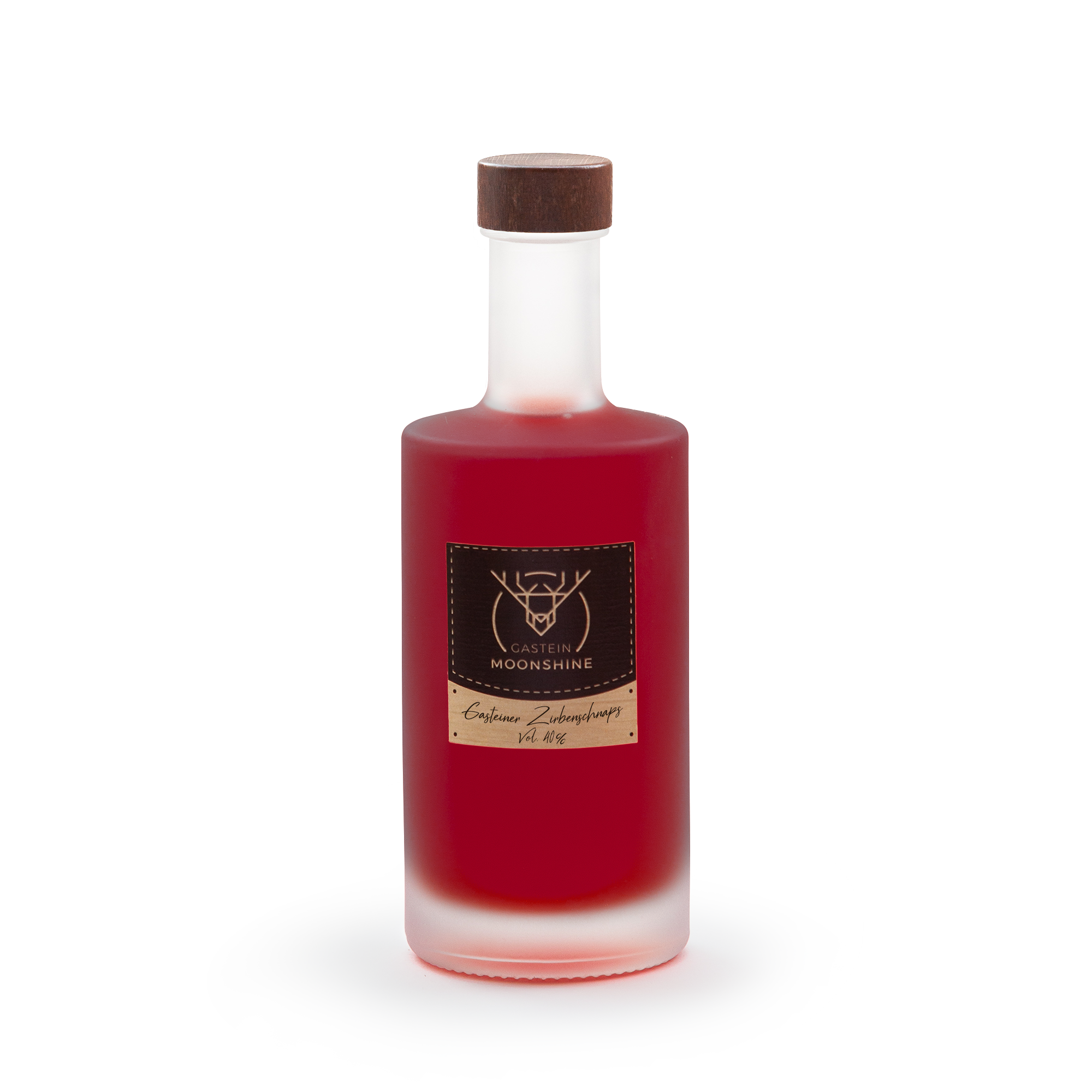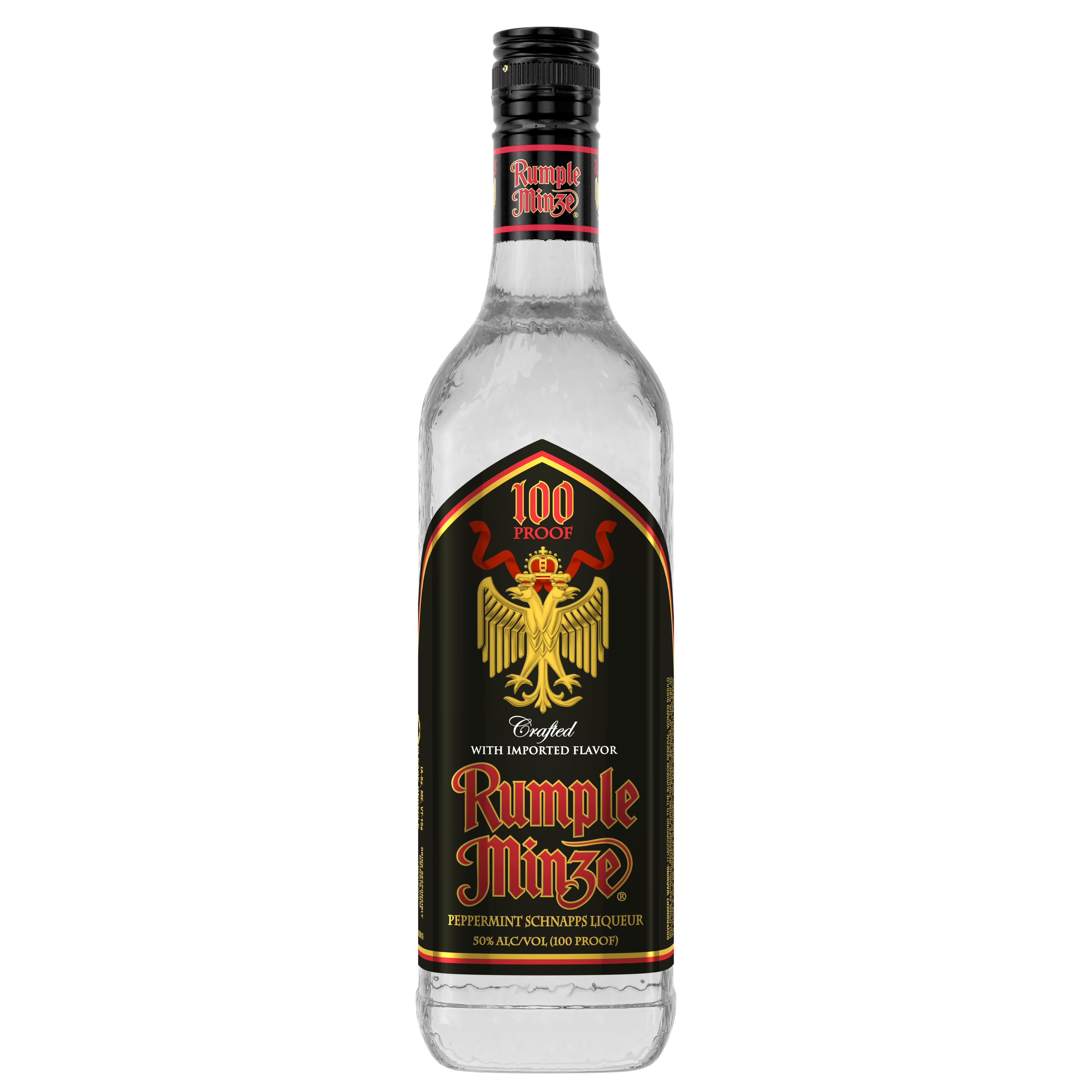

In Switzerland, spirits, wine, and beer are all manufactured in the country, but foreign, more qualitative beverages are sometimes preferred over local production. Swiss-made alcohol will usually be significantly cheaper. Beer and wine will also have lower prices because they are not regulated by the Alcohol Act but rather by the Foodstuffs Act. Different cantons also may have different alcohol prices, and the difference between alcohol served in bars, restaurants and, hotels with alcohol bought in supermarkets can be very significant. However, the prices may vary depending on the quality and type of alcohol. Is Alcohol Expensive in Switzerland?ĭespite the laws regarding alcohol, alcohol prices are surprisingly low in Switzerland. Different NGOs have required the Government to stricter sanctions on companies and businesses found guilty of selling alcohol to minors. However, a major concern for the Swiss Government has been the fact that alcohol is easily accessible by minors in Switzerland. Unlike in many other countries in the world, public drinking is not illegal or frowned upon by the Swiss people but rather a regular daily activity. The legal drinking age may vary depending on the cantons and municipalities’ policies, but Switzerland’s federal legal drinking age is 16 for wine and beer and 18 for Spirits. At what age are you allowed to drink alcohol in Switzerland? Meanwhile, the tax rate for alcopops is quadrupled because of the risk of abuse. However, the natural wine made by grapes and beer is subject to the Foodstuffs act rather than the alcohol act. So are the beverages with an alcoholic content of less than 1.2%.

Wine and ethanol for industrial purposes are exempt from tax. Taxes are imposed on imported products, spirits and, beer. Alcohol laws in Switzerland are rather relaxed, with the legal drinking age being low and beer and wine being available even in supermarkets. With the ratification of this act, the Federal Alcohol Administration (EAV) was also created this is the supreme governing body regarding alcohol laws. Swiss laws regarding alcohol were initially enacted by the Alcohol Act, ratified in the late 19th century.
#Abricotine schnapps for sale series
That’s why in 2012, the Government initiated a series of restrictions to help lower consumption, especially among the youth. Alcohol Laws in SwitzerlandĪlcohol abuse and addiction have been a significant concern for the Swiss public and Government. Swiss people mostly drink in a social setting such as a pub, festival, concert, or party. The country’s countless pubs are usually the main centers of alcohol consumption, but supermarkets and restaurants also serve a large amount of alcohol. Today the average Swiss resident consumes around 11.5 liters of pure alcohol per year-which is higher than the average of countries part of the Organisation for Economic Cooperation and Development (OECD). However, it is significantly more moderate than their heavy drinking neighbors in Germany, which rank 4th globally. However, this started to change in the 19th and 20th centuries with the introduction of hot non-alcoholic drinks such as tea, coffee, and chocolate, which were first consumed only by the rich elites, but later on, became common drinks. In the 17th century, they had even developed a reputation for being a nation of heavy drinkers. Swiss people have always been drawn to alcoholic beverages. Switzerland’s rich drinking culture with countless varieties and brands of alcoholic beverages attracts international attention, as does the Swiss people’s relation to their country’s alcoholic products. Of each of these drinks, certain types and brands have become favorites for the Swiss consumer. Swiss people are fond of many types of drinks, hot and cold, alcoholic or non-alcoholic beverages.

The drinking culture is considered a key component of the Swiss lifestyle.


 0 kommentar(er)
0 kommentar(er)
